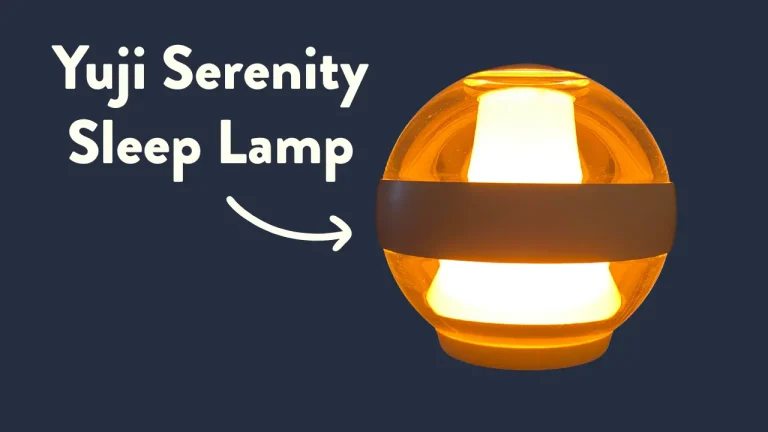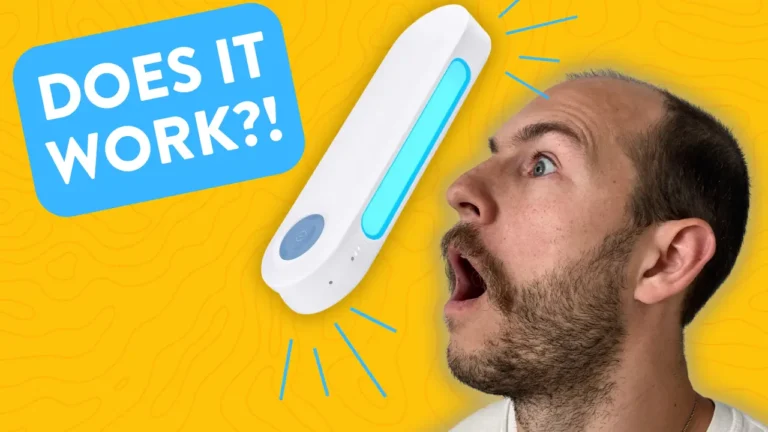I just finished testing the Sunrise Sensation SAD lamps, and in this article, we’ll discuss their pros and cons, as well as all the data!
The Overview
Thanks to the use of wood, these lamps stand out with their unique natural aesthetic. While their light output is on the lower side for the price, they’re still bright enough to be effective. Plus, the lower light output and flicker-free performance make them particularly easy on the eyes.
They’re a solid choice if you’re sensitive to light or love their design. However, if you’re after more value for your money, there are better options.
The Sunrise Sensation Lamps
If you’re looking for a SAD lamp with a certain “natural vibe,” these are your only options, and I think they do a pretty good job!
These are made of natural wood, giving them an appeal that might complement your desk better than the more “modern”-looking SAD lamps.
The Daybright has an attractive hexagonal design that projects some of its light off to the side. It’s really a beautiful design, especially once it’s lit up.
The Boxbright also projects some light out to the sides, and while it isn’t quite as striking looking, it still has a cool design.
As you saw above, both lamps offer variable color temperatures ranging from about —3000K to 6500K. The remote can also turn them on and off, although each lamp cord also has a switch.
The weird thing about these lamps is the remote; the remote they provide is not discussed in the pamphlet that comes with it…
This mysterious remote can toggle through “modes” and adjust the brightness, while the one included in the product box can only adjust the color temperature and power the lamp off and on.
So yeah, that’s bizarre—something to be aware of.
Here’s how they look on a desk:
On to the testing!
Testing the Light Output
Of course, I tested the lux output on these:
They’re not very bright compared to the other lamps we’ve tested.
Lux at 1 foot
Brightbox: 2,010 lux
Daybright: 3,305 lux
The Daybright is slightly brighter than the smaller Brightbox model, but neither is exceptionally bright compared to many other SAD lamps I’ve tested. You can see how they compare in our database.
These are still bright enough to be useful, but you’ll need to leave them on longer than you would for a brighter lamp to achieve the same impact.
One benefit of lower light output is better comfort. We measure this by dividing the lux by the light output area. This gives us a lux per square inch number, which I call Glare.
Measuring just 33 and 40, these lamps are very visually comfortable and flicker-free, as you’ll soon see.
Testing Flicker
Some folks are concerned with flickering their lights, so we test this too:
Luckily, these perform very well here! There is some minor 1% high-frequency flicker, but that’s nothing to be worried about.
So, what did I think of these?
Overall Thoughts
Because of the incorporation of wood, these lamps certainly have a unique natural look and appeal. While their output is on the lower end for the price, they are bright enough to be effective overall. The lower light output and flicker-free performance also make them quite visually comfortable.
If you’re light-sensitive or love the look of these, I think they’re a good pick. If you’re looking for more bang for your buck, check out our database or best SAD lamp article.


















